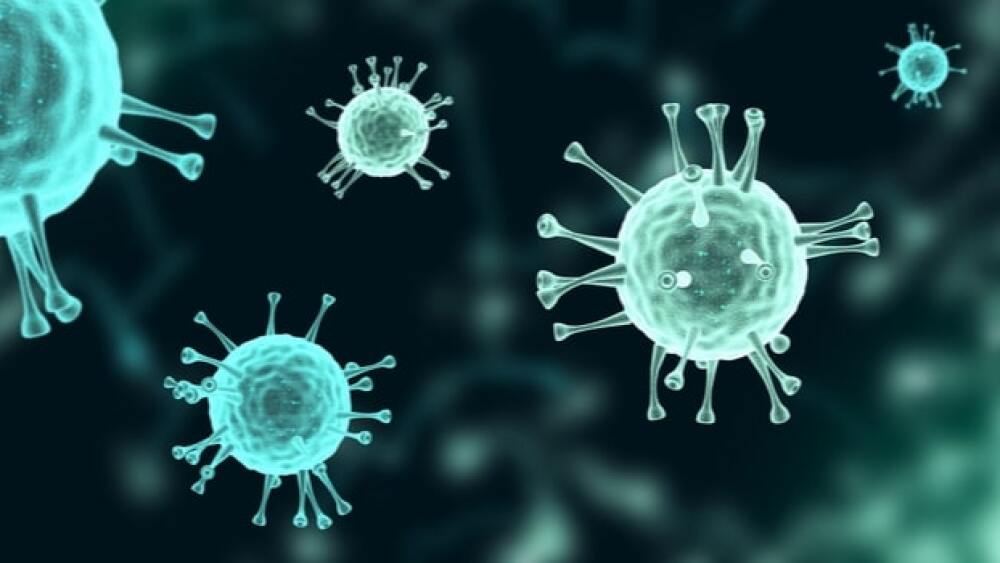Intravenous immunoglobulin (IVIG) could be a key to combating seriously ill COVID-19 patients who have been hospitalized due to complications from the disease, and Octapharma AG aims to find out as it assesses the plasma-based treatment in a Phase III study.
Intravenous immunoglobulin (IVIG) could be a key to combating seriously ill COVID-19 patients who have been hospitalized due to complications from the disease, and Octapharma AG aims to find out as it assesses the plasma-based treatment in a Phase III study.
Huub Kreuwel, vice president of Scientific and Medical Affairs at Octapharma USA, explained to BioSpace that COVID-19-related deaths are typically due to the body’s overactive immune response to the disease. The role of IVIG is not to target the virus, but to help calm that overactive immune response by decreasing multiple cytokines at one time. The use of IVIG is more of a blanket approach than Genentech and Regeneron’s earlier attempts to calm the cytokine storm by inhibiting interleukin-6 with rheumatoid arthritis drugs.
IVIG contains antibodies that are harvested from plasma provided by thousands of donors across the country. IVIG, which is injected into patients, has been used in the past to help patients fight off various infections, including Kawasaki disease, which is similar to an infection some pediatric COVID-19 patients have developed as a result of the novel coronavirus. IVIG is different than convalescent plasma, which is a therapeutic derived from the patients who have recovered from a COVID-19 infection. The blood of those patients contains antibodies against the disease. Dosing levels are also different. The concentration of IVIG given to patients is much higher than convalescent plasma, Kreuwel said.
Switzerland-based Octapharma teamed with the University of California at San Diego’s George Sakoulas, an associate professor in the Department of Pediatrics of the University of California San Diego School of Medicine, to assess the potential impact of IVIG in these patients in a blinded Phase III study. The study, which is currently enrolling, is based upon results Sakoulas saw in a previous pilot study this year using IVIG with COVID-19 patients.
Sakoulas treated an adult COVID-19 patient with several comorbidities who had been declining. Within days of being treated with IVIG, that patient turned the corner and was discharged from the hospital, Sakoulas told BioSpace in an interview. After that, he met with Octapharma and the company backed his research in a small pilot study of IVIG as a treatment for COVID-19 that was randomized, but not blinded. From early on, Sakoulas said they saw a clear difference between the patients who had been treated with IVIG. Those patients saw a reduction in hospital stay, improvement in oxygenation and removal from mechanical ventilation, he said.
With those results in hand, Octapharma approached the U.S. Food and Drug Administration about a late-stage clinical study. Kreuwel said Octapharma expects to assess interim results in the fall. The company hopes to enroll the number of patients necessary by September or October and within a few weeks of dosing, Octapharma should be able to analyze the data to determine the efficacy and safety of the treatment.
Sakoulas likened the use of IVIG against COVID-19 as fighting an arsonist who has started a wildfire.
“Everyone keeps going after the virus with an antiviral,” he said of other research against COVID-19. “That is like trying to catch the arsonist in order to put out the fire. This (IVIG) is dampening the ground in order to fight that fire.”
While this approach to treating COVID-19 is different than the use of convalescent plasma, Kreuwel noted that the company is working with several partners in that space as well. Earlier this year, Octapharma launched a special project team to explore new therapies, and today announced that in addition it has also joined other global leaders in plasma fractionation in a collaboration to develop a potential plasma-derived hyperimmune immunoglobulin therapy for treating COVID-19. The strategic alliance include CSL Behring, Takeda, Biotest and others. The consortium is investigating an unbranded anti-SARS-CoV-2 polyclonal hyperimmune immunoglobulin medicine with the potential to treat individuals with serious complications from COVID-19.
In the near future, it is likely that some of the typical IVIG supply used to treat patients will have antibodies to COVID-19 due to the increasing number of cases across the globe, both Kreuwel and Sakoulas said. That means the approach could help quell potential outbreaks if other treatment options are not available by then.
Last year there was concern about a supply shortage of intravenous immunoglobulin in the United States, but Kreuwel said over the past few years, Octapharma has boosted its IVIG manufacturing capabilities to support its therapeutic treatment programs in autoimmune diseases.
“We believe we have more than a sufficient amount to cover those needs and COVID as well,” Kreuwel said.





